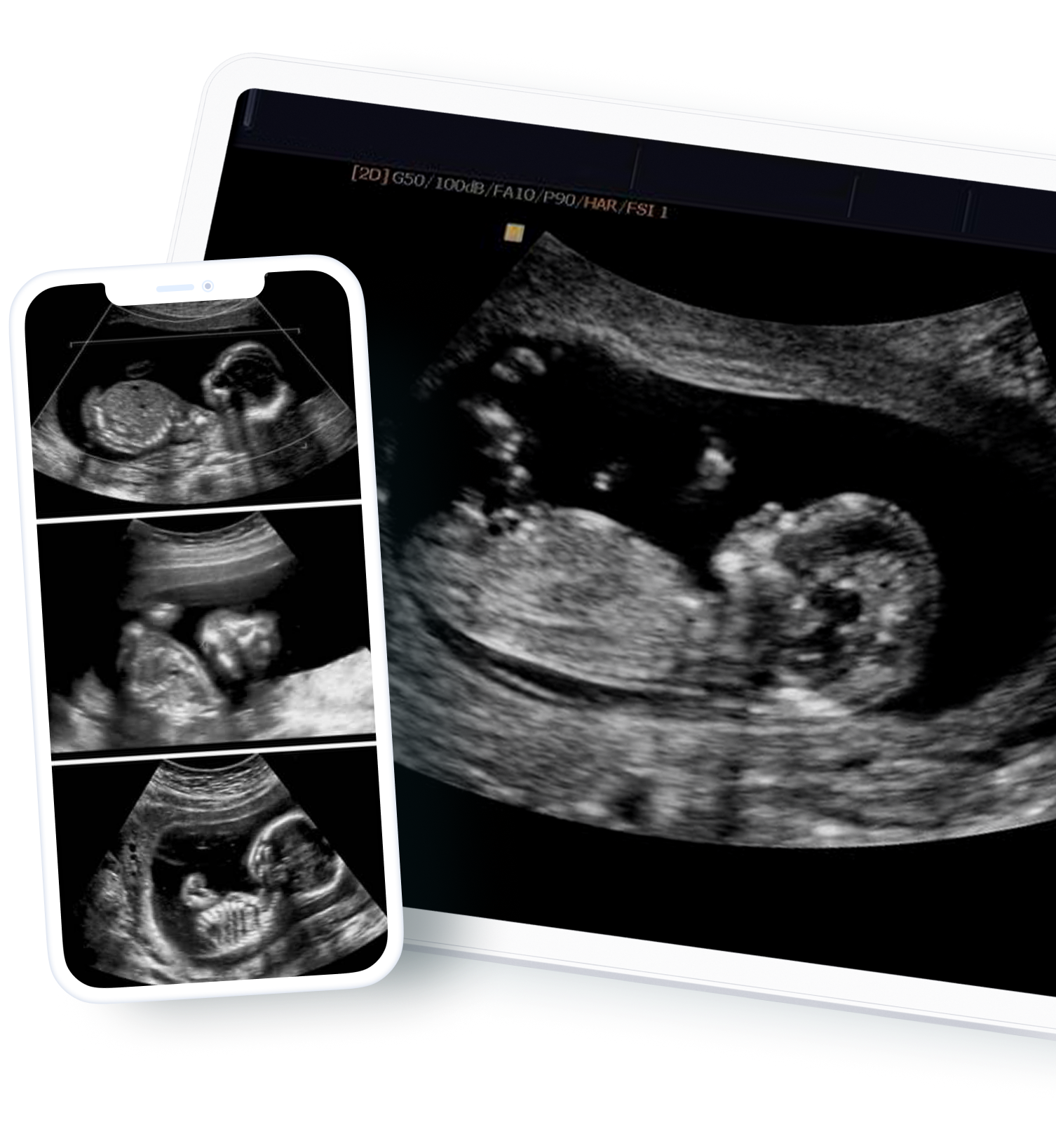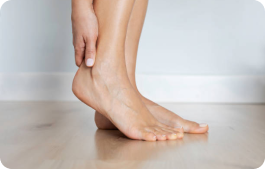Pregnancy is a journey filled with moments of joy and anticipation, and the anomaly scan—or anatomy scan—is a significant and exciting milestone.This article will guide you through what an anomaly scan is, what to expect during the procedure, the findings you might encounter, and how to interpret the results.If you have any questions or concerns or would like to schedule an appointment, please don't hesitate to contact us today.


Private Knee Ultrasound
Quick, safe, and pain-free private Knee Ultrasound to assess the Joints, Tendons, Muscles, Bursa, Pain & Range of Movement.
Scans Performed by Specialist Doctors feel confident in the care you receive and gain peace of mind with Same-Day Results & Tailored Advice.
Lines Open
Mon – Fri | 8 AM – 7 PM
Sat | 8 AM – 4 PM
Sun | Closed
Knee
Your Ultrasound Checks For
Knee Joint
Pain and Range of Movement
Tendons, Muscles & Bursa
Signs of inflammation & Fluid
Lumps, Masses & Tumors
Abnormalities
Causes of Concern
What's Included
One-to-One Specialist Doctor Appointment
Feel confident in the care you receive. Our specialists can interpret your scan and provide comprehensive advice if necessary.
No Referral Required
You do not require a referral before booking an appointment with our clinic — giving you back complete control of your health.
Same-Day Results
We aim to provide results to you on the day of your visit. Our specialists will explain their findings during your ultrasound examination.
Full Digital Report
Following your appointment, a complete digital report of your Ultrasound examination will be emailed to you directly and securely.
High-Res Digital Images
In addition to the report, images of your scan will be sent for you to share with a healthcare specialist of your choice.
Frequently Asked Questions
Registered & Regulated
Our team are fully registered and regulated for practice in the United Kingdom. Our patients should expect nothing less.






Meet Our
Team of Specialists
The team at Harley Street Ultrasound Group is made up of Specialist Consultants and Specialist Sonographers you can rely upon. They are among the best in the industry.
This is backed up with a full range of qualifications and accreditations. All of our specialists are fully registered with all applicable medical regulatory bodies.


Seamless, Secure,
At your fingertips
We can provide scan images directly to your smartphone, often on the same day following your appointment. Gain the peace of mind and insight you need, without delay.
Same-Day
Results
Timely &
Efficient
Share with
your Doctor



The Harley Street Experience
We aim to provide the very best experience possible to all of our patients and visitors, and this covers every aspect of our services — from our specialists to our technology and of course to our clinic itself.
When you visit us, you will find our clinic to be a clean, comfortable and reassuring environment. We also maintain a high standard of Covid-19 best practices, ensuring maximum safety at all times.
Testimonials
What Our Patients Say About Their Experience
We are committed to providing a high standard of care to our patients. Take a look at some of the incredible responses we have received.

Here to help

Book online
Use our easy and hassle-free booking platform to make an appointment and get a confirmation in seconds.

Send Us a Message
Do not hesitate to reach out by writing to us. Use our online form to send us your queries.

Give Us a Call
If something is unclear, give us a call directly to discuss our services.
Latest Articles
We provide insight on a range of topics, including the latest Covid-19 news affecting our practice.
At 12 weeks, the countdown to meeting your little one officially begins!This important prenatal scan marks your first chance to peek into their tiny world, revealing exciting details and addressing any early concerns.In this article, we'll explain what the scan is, why you might choose to get one, and what to expect during the procedure. It's an exciting time, and the more you know, the more empowered you become to make the right decisions for you and your growing family.
An elbow lump is an abnormal bump, swelling, or protrusion on the inner or outer side of the elbow. Lumps can appear on the elbow for a number of reasons, including injury, disease, and skin infection.Elbow lumps occur deep within the joint or just underneath or on the surface of the skin. They can also range from small to big, harmful to benign, and soft to hard. Some may also get inflamed, making them pulsatile, painful, tender, or itchy. In extreme cases, lumps in the elbow can decrease the range of motion in the forearm and may cause permanent tissue damage around the joint if left untreated.This article explores the different types of elbow lumps, their possible causes, noticeable symptoms, and potential treatment options. We’ll also discuss the importance of proper diagnosis in elbow lump treatment and how an elbow and forearm ultrasound scan helps detect and diagnose harmful lumps.




























